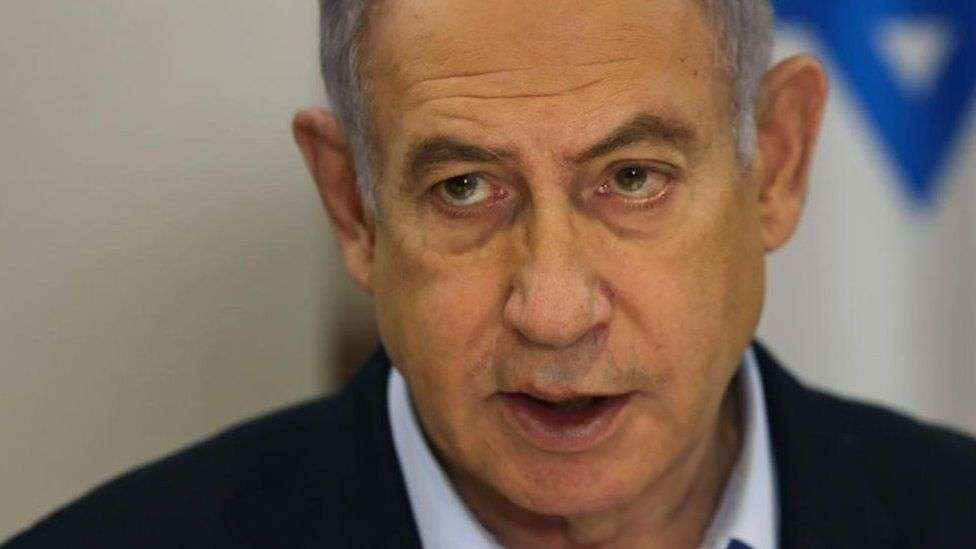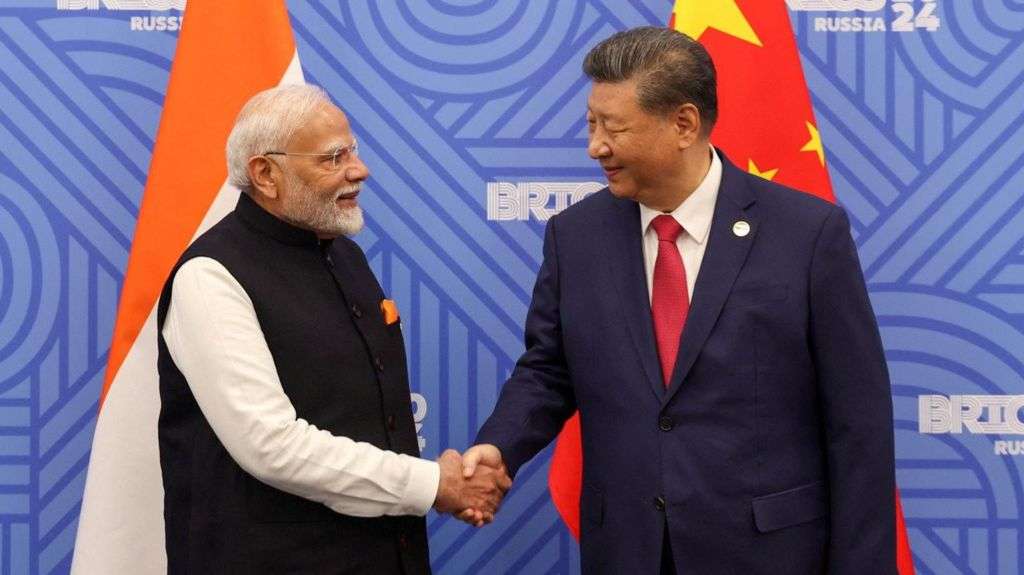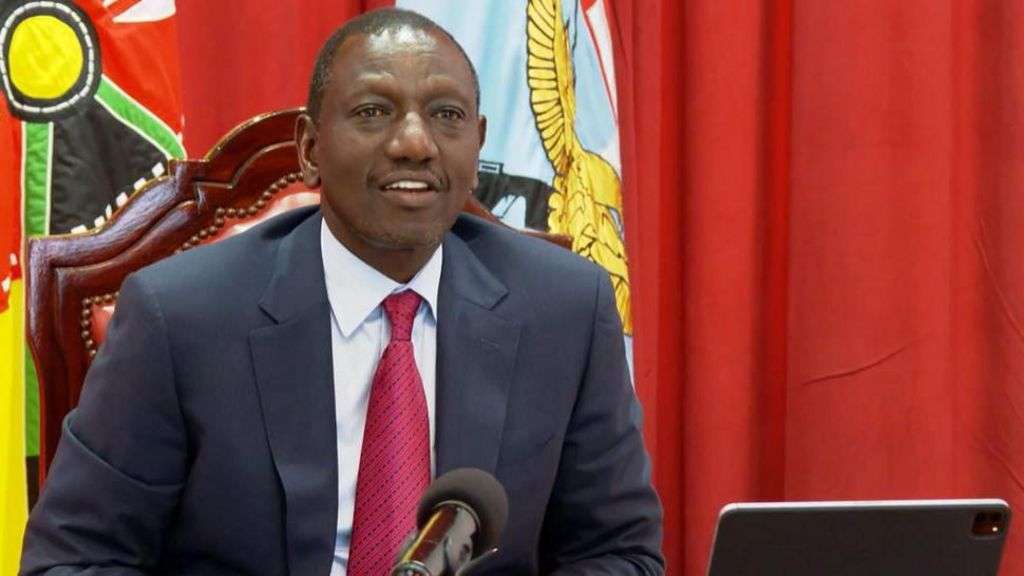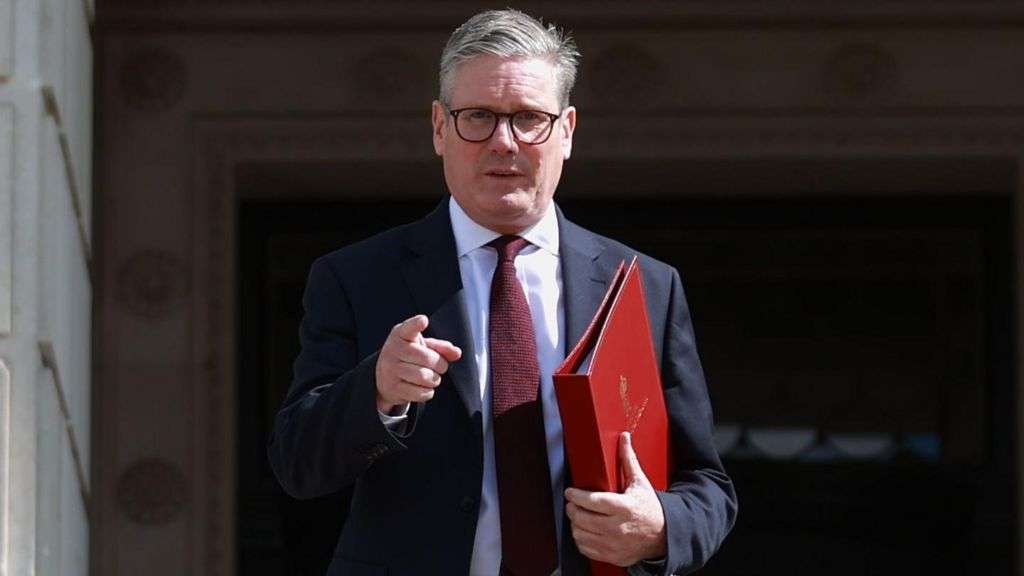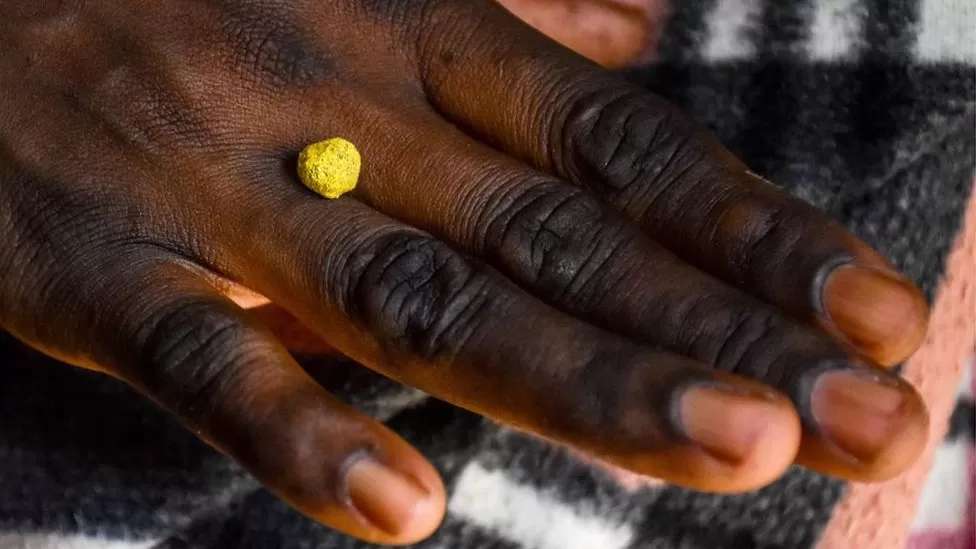Israel's Prime Minister Benjamin Netanyahu has again rejected the idea of creating a Palestinian state.
His comments came hours after a phone call with US President Joe Biden after which the US leader indicated Mr Netanyahu may still accept the idea.
Mr Netanyahu's remarks appeared to deepen a public divide with the US.
The US believes a Palestinian state alongside Israel - known as a "two-state solution" - is vital for long-term stability.
But the White House acknowledged this week the US and Israeli governments "clearly see things differently".
Speaking to reporters after the two leaders held a call for the first time in almost a month, Mr Biden insisted a two-state solution was still possible with Mr Netanyahu in office.
"There are a number of types of two-state solutions. There's a number of countries that are members of the UN that... don't have their own militaries," he said.
But on Saturday Mr Netanyahu doubled down on his position, which he has held for much of his political career and repeated earlier this week.
A statement released by his office read: "In his conversation with President Biden, Prime Minister Netanyahu reiterated his policy that after Hamas is destroyed Israel must retain security control over Gaza to ensure that Gaza will no longer pose a threat to Israel, a requirement that contradicts the demand for Palestinian sovereignty."
Also on Saturday, in a post on X - formerly Twitter - he said Israel must retain "security control over the entire area west of [River] Jordan", an area which also encompasses the Israeli-occupied West Bank territory.
UK Defence Secretary Grant Shapps said on Sunday that Mr Netanyahu's statement was "disappointing", even though it was not a surprise.
The comments will dampen hopes in some circles that the Gaza crisis could result in Israeli and Palestinian leaders restarting diplomatic negotiations and kickstarting the dormant peace process.
Mr Netanyahu's increasing isolation abroad comes amid continuing support for the war at home, coupled with protests over the fate of the estimated 130 hostages still being held inside Gaza by Hamas.
Hamas killed about 1,300 people - mostly civilians - and took 240 hostages in their surprise attack on southern Israel on 7 October.
Thousands of protesters, including relatives of those still missing, gathered in Tel Aviv on Saturday, urging Mr Netanyahu to reach a truce to allow the hostages home.
Gil Dickmann, whose cousin was captured on 7 October, said: "Dear Prime Minister Benjamin Netanyahu, we believe that you can bring them back. We believe in you.
"We know that you can sign this deal and bring about this victory to all the citizens of Israel. Just do it, Bibi. Just do it. Bring the hostages back home."
Israeli forces have continued to push into southern Gaza, saying they are searching for top Hamas officials they believe are hiding in Khan Younis, the Strip's second biggest city.
The Israel Defense Forces said they had raided a tunnel in Khan Younis that had been used to hold hostages, although they were not there when it was discovered.
While the focus of the fighting is now in southern Gaza, there have been renewed clashes around the northern town of Jabalia, as Palestinian fighters reportedly advanced while Israel tried to move its soldiers and tanks south.
Almost three months since Israel launched its ground invasion of Gaza, its army - vastly superior to Hamas in strength and equipment - is still facing significant resistance across the territory.
The Hamas-run health ministry in Gaza said on Sunday that 25,105 people had been killed in the territory since 7 October. More than 60,000 had also been injured, it said.


